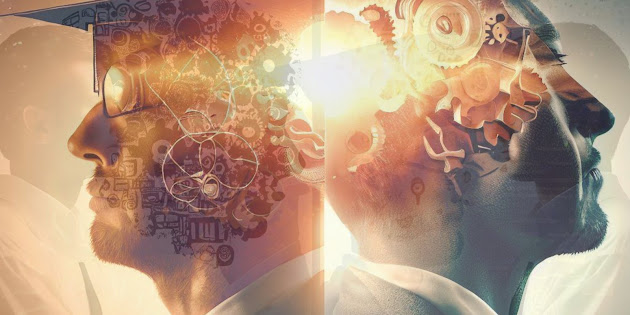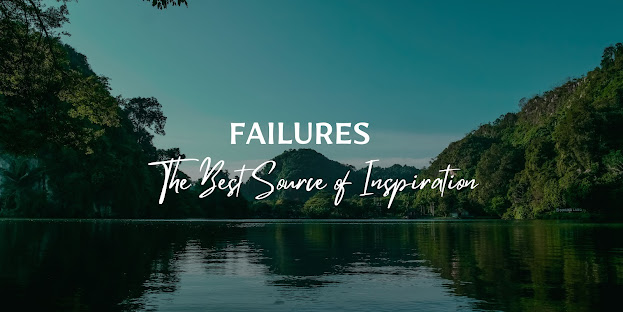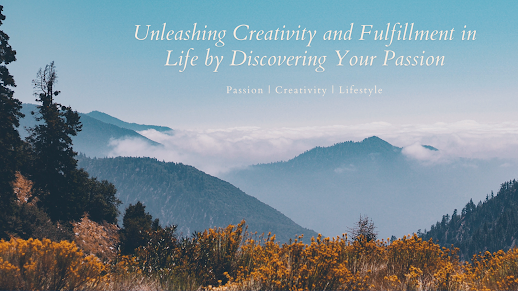Featured
- Get link
- X
- Other Apps
Knowledge Vs Experience
The Power of Knowledge
Knowledge, which is sometimes defined as a collection of knowledge, facts, and ideas, is a powerful tool that feeds our intellectual pursuits. It is gained through reading, learning from mentors, attending classes, and accessing various sources of information. Knowledge serves as the foundation upon which we build our understanding of the world. It equips us with the ability to analyze situations, solve problems, and make informed decisions.
One of the most crucial benefits of information is its universality. It can be passed down through generations, bridging the gap between the knowledge of the past and the inventions of the present. Through the works of scholars, philosophers, and thinkers, we can tap into the collective understanding of humanity, allowing us to refine our thoughts and actions.
The Crucible of Experience
On the other hand, experience is the practical application of knowledge in real-life situations. It is the result of taking action, facing challenges, and navigating through the unpredictable terrain of existence. Experience is the laboratory of personal growth, where theoretical knowledge is tested, refined, and often transformed into wisdom.
Experience offers a visceral connection to learning that books and lectures alone cannot provide. It engages our senses, emotions, and intuition, imprinting lessons deeply into our consciousness. Mistakes and life lessons have a way of leaving an everlasting imprint on our mind, providing that the wisdom obtained is not quickly lost.
Synergy and Balance
Even though knowledge and experience are frequently presented as competing forces, they actually engage in a subtle beneficial dance. Without the other, none can completely thrive. Without experience, knowledge is dormant and confined to theoretical speculations. Likewise, experience without knowledge can result in repeated mistakes and missed opportunities for growth.
Imagine a painter standing before a blank canvas. Their knowledge of color theory, brush techniques, and composition is the foundation upon which they create their masterpiece. But it is their experience—the countless hours spent experimenting with colors, learning from failed attempts, and discovering their unique style—that breathes life into their creation.
Conversely, consider a seasoned sailor navigating uncharted waters. Their intuition and decision-making abilities have been refined by their seafaring experience. Their understanding of weather patterns, navigational charts, and marine laws, however, enhances this experience. Without both knowledge and experience, their journey could quickly turn treacherous.
Personal Growth: A Symbiotic Process
Knowledge and experience are the threads that interweave to create a single narrative in the big fabric of personal growth. When we acquire new knowledge, whether through academic pursuits or self-directed learning, we are essentially expanding the toolkit from which we draw solutions. This newfound knowledge serves as a guiding light when we embark on the path of experience.
Experience in turn helps us to better understand the knowledge we already have. It makes us reconsider what we think and inspires us to broaden our thinking. When we encounter unforeseen obstacles or unexpected successes, we integrate these lessons into our existing knowledge, creating a cycle of continuous improvement.
The Road Less Traveled
It's important to note that the balance between knowledge and experience is not a one-size-fits-all equation. Individuals have unique strengths, inclinations, and circumstances that influence their approach to personal development. Some may naturally lean toward accumulating knowledge as a means of preparation, while others thrive on jumping headfirst into experience to glean insights through trial and error.
Furthermore, the pursuit of a fulfilling and meaningful life often involves embracing discomfort and uncertainty. This is where the interplay between knowledge and experience truly shines. The information we learn gives us the ability to navigate uncharted territory with more assurance, and experience helps us overcome our concerns and improve our ability to adapt.
Harmony in Practice
To cultivate a harmonious relationship between knowledge and experience, consider the following:
Curiosity and Exploration: Foster a thirst for knowledge that drives you to learn new concepts and ideas. Seek out opportunities for exploration and engage in activities that challenge your existing understanding.
Application and Reflection: convert concepts into practical applications. Accept events as chances for development, and consider the lessons you can gain from both achievements and disappointments.
Lifelong Learning: Embrace the idea that learning is a lifelong journey. Stay open to new information, perspectives, and experiences, regardless of your age or stage in life.
Balanced Approach: Understand the effectiveness of fusing expertise and knowledge. Strike a balance that enables you to act rationally while acknowledging the transforming power of experience.
Knowledge and experience are not conflicting forces in the larger scheme of life, but rather essential threads that weave our existence together. The key is to use their combined strength to build a life full of purpose, development, and satisfaction rather than picking one over the other. So, let us embrace both knowledge and experience as our companions on this remarkable journey of self-discovery and evolution.
Comments
Popular Posts
Failures - The Best Source of Inspiration
- Get link
- X
- Other Apps
Unleashing Creativity and Fulfillment in Life by Discovering Your Passion
- Get link
- X
- Other Apps



Thanks 👍
ReplyDelete